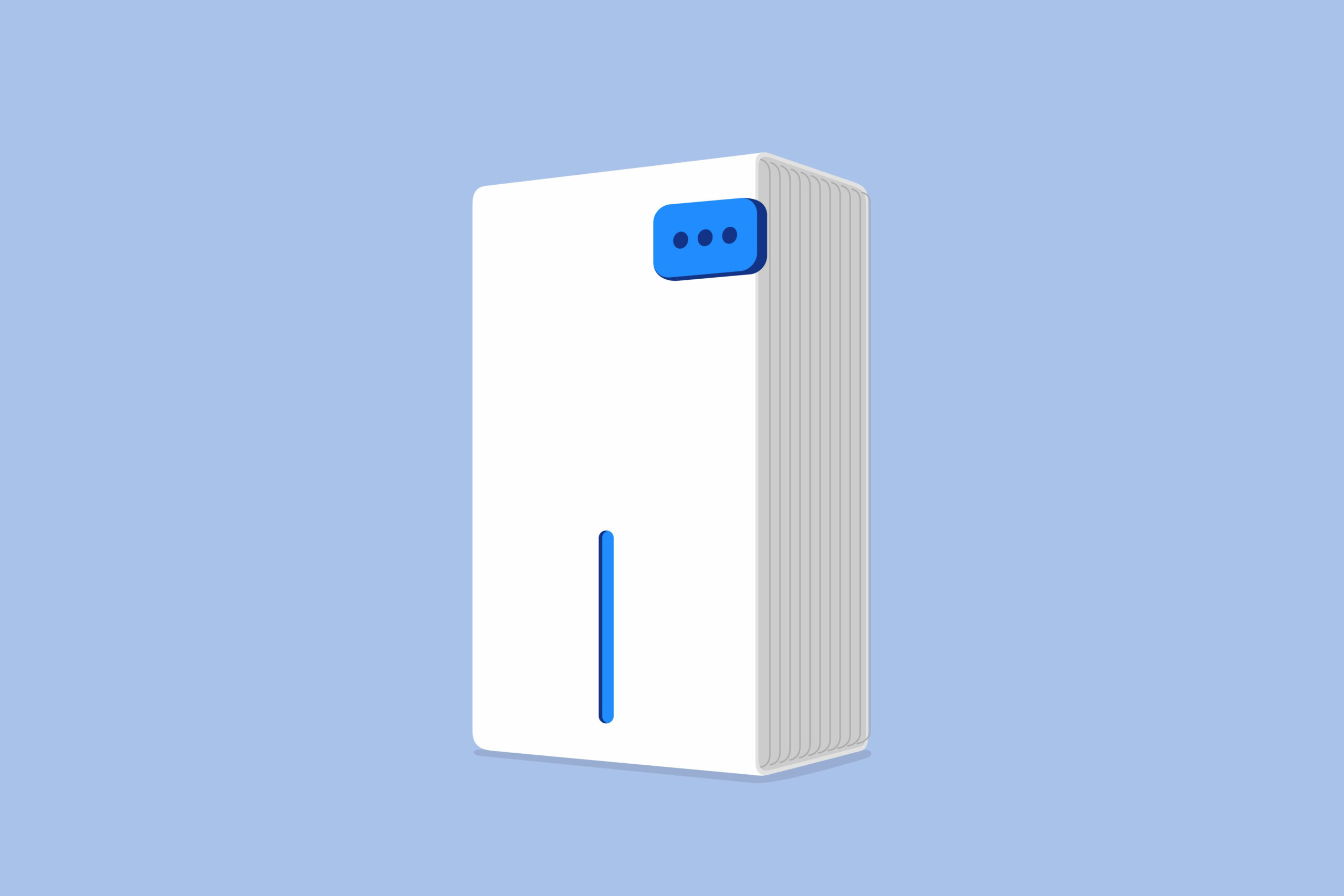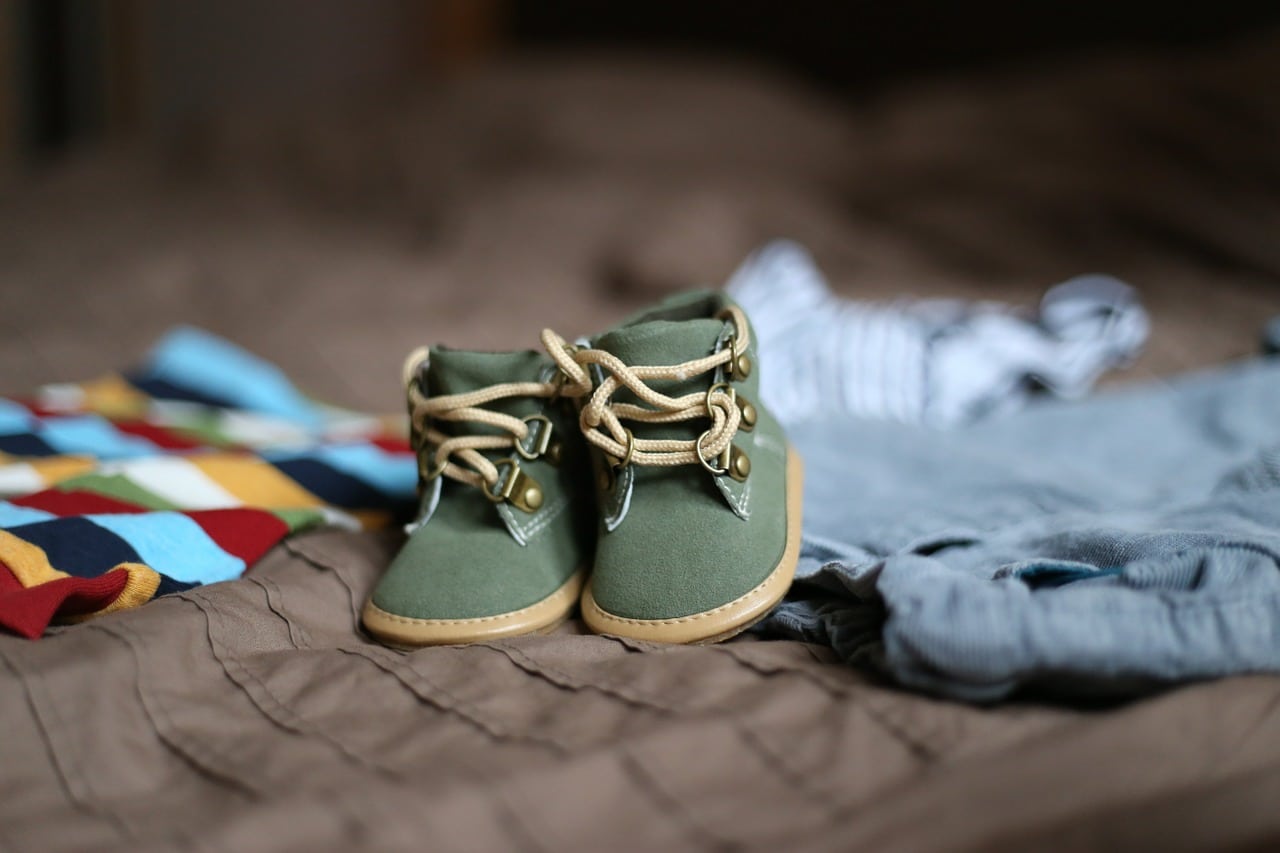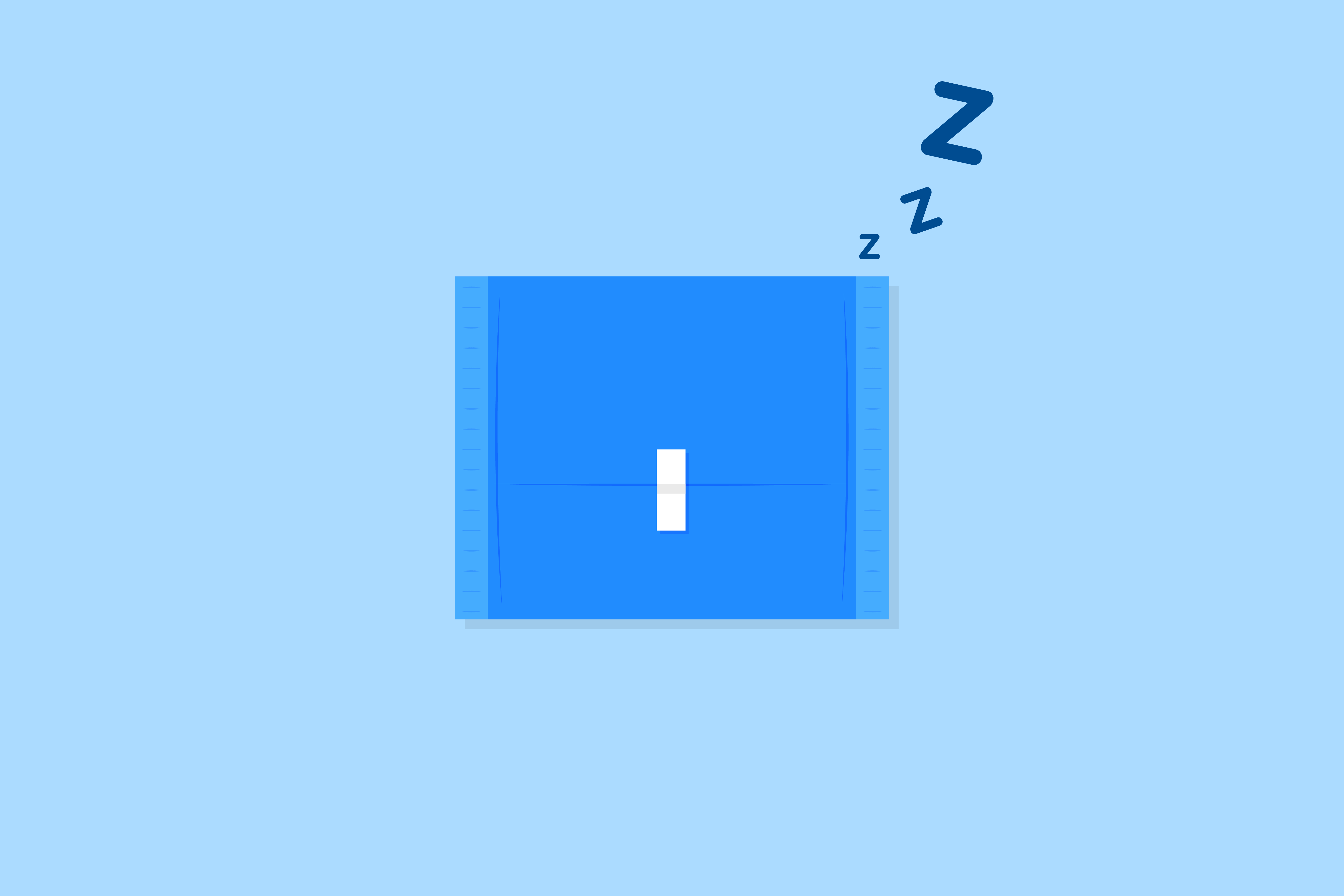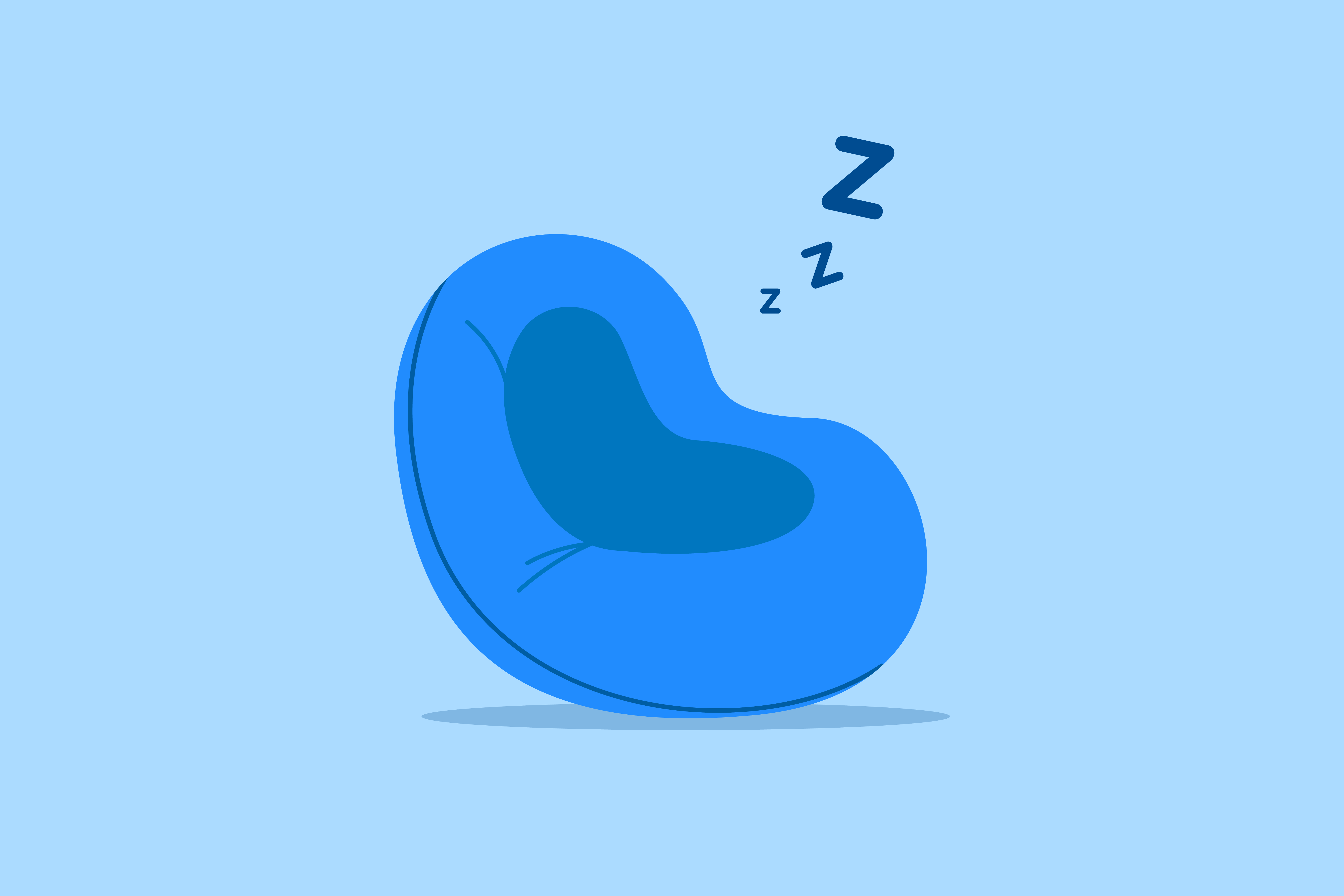Key Takeaways
- Improved Respiratory Health: Humidifiers alleviate respiratory discomfort, reduce congestion, and lower the risk of sinus issues, allergies, and respiratory infections. Maintaining indoor humidity levels between 30% and 50% is recommended for optimal respiratory health.
- Enhanced Skin and Hair Moisture: Humidifiers prevent dryness, cracks, and itching in the skin and help maintain moisture levels in hair. Using distilled water in humidifiers is advised to avoid mineral build-up and ensure best results.
- Reduced Snoring and Improved Sleep Environment: A humidifier can reduce snoring by keeping nasal cavities moisturized, as dry air can irritate and inflame airways. It also benefits those with sleep apnea by reducing congestion and irritation. Regular cleaning and monitoring of humidity levels are crucial for effective and safe use.
Humidifiers have become increasingly popular in bedrooms, offering numerous benefits for a better sleep environment. This article explores the advantages of using a humidifier while sleeping and emphasizing the importance of maintaining optimal humidity levels.
Humidifiers can significantly improve sleep quality by relieving respiratory discomfort, alleviating dryness Verified Source National Library of Medicine (NIH) World’s largest medical library, making biomedical data and information more accessible. View source in the skin and eyes, and providing white noise to mask disruptive sounds. With expert recommendations for humidity levels and safety tips, individuals can make informed decisions to enhance their sleep experience.
Improved Respiratory Health From Dry Air
Taking advantage of the benefits of a humidifier while sleeping can significantly improve respiratory health by reducing congestion and minimizing the risk of sinus issues, allergies, and respiratory infections.
Dry air is a common problem Verified Source ScienceDirect One of the largest hubs for research studies and has published over 12 million different trusted resources. View source in many indoor environments, especially during the winter months when heating systems are in use. This dry air can lead to irritated nasal passages, dry throat, and increased susceptibility to respiratory infections. By adding moisture to the dry air, humidifiers help to alleviate these symptoms and create a more comfortable and healthy breathing environment.
Different types of humidifiers are available, including cool mist humidifiers, warm mist humidifiers, evaporative humidifiers, central humidifiers, impeller humidifiers, and ultrasonic humidifiers. Cool mist humidifiers Verified Source Mayo Clinic One of the largest hubs for research studies and has published over 12 million different trusted resources. View source are often recommended for respiratory health because they release a fine mist into the air that is easier to breathe.
On the other hand, warm mist humidifiers heat boiling water to produce steam, which can help kill viruses and bacteria landing on your bed and in the air. Both types of humidifiers work by dispersing water, increasing indoor humidity levels, and providing moist air to alleviate respiratory discomfort.
Maintaining an optimal indoor humidity level is important for respiratory health. Experts recommend a humidity level between 30% and 50% to prevent dryness and promote comfort. Using a humidifier can help to achieve and maintain this ideal humidity level, improving respiratory health with more humid air and reducing the risk of respiratory issues if you are trying to sleep better with asthma or other sleep issues.
By incorporating a humidifier into your sleep routine of other healthy sleeping habits, you can enjoy the benefits of improved respiratory health and a more comfortable breathing environment.
Enhances Dry Skin and Hair Moisture
Humidifiers provide optimal moisture levels, promoting enhanced skin and hair moisture, which helps prevent dryness, cracks, and itching. Dry skin is a common problem when trying to stick to a perfect nighttime skin routine, especially in winter when the air tends to be drier.
You’re also more likely to wake up with dry eyes when the air is also dry, particularly if you have a heater running in the night to keep you warm in bed.
Adding a cool mist humidifier during a winter bedroom makeover can help improve indoor air quality and maintain humidity levels, improving dry skin and hair moisture. Using distilled water in humidifiers is important to avoid mineral build-up and ensure the best results.
To fully enjoy the benefits of a humidifier, it is essential to maintain proper humidity levels and ensure regular cleaning to prevent the growth of bacteria and mold. Verified Source National Library of Medicine (NIH) One of the largest hubs for research studies and has published over 12 million different trusted resources. View source With the right care, a humidifier can be a valuable addition to any sleep routine, providing enhanced skin and hair moisture and contributing to better overall health.
Soothing Eye and Head Comfort
Maintaining optimal moisture levels in the air with the help of a humidifier can provide soothing eye and head comfort, alleviating dryness, itching, and irritation.
By maintaining proper indoor humidity levels, a humidifier ensures that the air is not too dry or too moist, creating a comfortable environment for better sleep. Additionally, using warm mist humidifiers can provide additional benefits, such as soothing nasal passages and reducing the likelihood of respiratory infections. Verified Source National Library of Medicine (NIH) One of the largest hubs for research studies and has published over 12 million different trusted resources. View source
Overall Comfort and Well-Being
One can greatly enhance their comfort and well-being by incorporating a humidifier into their sleep routine. Sleeping with a humidifier can provide numerous benefits, much better than sleeping with a fan on for example, especially regarding respiratory health and maintaining the right humidity level in the bedroom.
Cool mist humidifiers, such as ultrasonic and evaporative humidifiers, are popular for sleep environments as they disperse a fine mist that helps moisturize the air without making it feel too heavy or damp. This can help alleviate symptoms of dryness in the nasal passages, reduce the risk of a stuffy nose, and prevent dry mouth during sleep, especially if you have obstructive and central sleep apnea.
Additionally, using a warm mist humidifier Verified Source ScienceDirect One of the largest hubs for research studies and has published over 12 million different trusted resources. View source can help reduce dust mites and other allergens in the bedroom, as they thrive in dry environments. It is important to monitor and adjust the humidity level to ensure optimal comfort and prevent excess humidity that can promote mold and bacteria growth.
Reduced Snoring and Improved Sleep Environment
” Emerging research evidence shows that humidity may be as important a factor in determining sleep as is ambient temperature,” says Dr. Nayantara Santhi. “Like temperature, optimal humidity levels at night facilitate good sleep. An increase in humidity has been shown to be associated with oxygen desaturation and higher arousal suggesting a link between humidity and sleep. Thus maintaining optimal humidity levels may be good for sleep.”
If you are looking into how to stop snoring and have an improved sleep environment, this can be achieved by incorporating a humidifier into your nightly routine. A humidifier for sleeping can help alleviate snoring by keeping the nasal cavities moisturized.
The nasal passages can become irritated and inflamed when the air is too dry, increasing snoring. By adding moisture to the air and nasal cavity, a humidifier can reduce snoring and promote a more peaceful sleep environment.
In addition to reducing snoring, a humidifier can benefit those with sleep apnea. Do you have sleep apnea? Sleep apnea is a condition where breathing is repeatedly interrupted during sleep. Dry air can aggravate this condition by causing congestion and irritation in the airways. By adding water vapor to the air, a humidifier can help keep the airways moist and reduce the symptoms of sleep apnea.
Dirty humidifiers can worsen allergy and asthma symptoms. If not properly maintained, humidifiers can become breeding grounds for bacteria, mold, and mildew. To prevent this, it is crucial to regularly clean and disinfect the humidifier according to the manufacturer’s instructions. If bacteria and mold are an issue, you may want to look into how air purifiers work as well.
Furthermore, monitoring and controlling the humidity levels in your home is essential. Homes with excessively high humidity levels can promote the growth of allergens such as dust mites and mold, triggering allergy and asthma symptoms. It is also important to know whether it is allergies or sleep apnea.
On the other hand, homes with low humidity levels can cause dryness, discomfort, and allergy symptoms. Maintaining a humidity level between 30% and 50% is recommended for optimal sleep and respiratory health.
Promotes Overall Respiratory Health
Regularly using a humidifier at night can effectively promote overall respiratory health by maintaining optimal moisture levels in the airways. Humidifiers add moisture to the air, making breathing easier and reducing the risk of respiratory issues.
Sleeping in a room with humid air can provide several benefits for respiratory health. Dry air, especially when caused by air conditioning or heating systems, can lead to dryness in the airways and aggravate respiratory conditions such as asthma and allergies. Using a humidifier, the air is moistened, reducing the risk of irritation and inflammation in the respiratory tract reducing shortness of breath when lying down. This can help alleviate symptoms and improve overall respiratory health.
Also, humidifiers can relieve congestion and soothe dry, irritated nasal passages. When the air in the upper respiratory passages is too dry, it can produce excessive mucus and congestion. A humidifier can help reduce congestion and ease breathing by maintaining optimal moisture levels in the airways.
Frequently Asked Questions
What are the disadvantages of sleeping with a humidifier?
While using a humidifier to treat dry sinuses can be beneficial, it can also be harmful. Since humidity encourages the growth of dust mites and mold, using a humidifier may make someone’s asthma worse if they are allergic to either or both. Some humidifiers also make noise, making it difficult to sleep.
Also, make sure you place the humidifier in the bedroom carefully. For example, you don’t want it near where you store books in the bedroom, as the moisture can degrade your books.
What are the beauty benefits of sleeping with a humidifier?
Proper humidity and sleep reduces skin and eye dryness. Humidifiers can help minimize scaly, itchy, and cracked skin. Dry air can dramatically impair skin moisture. Dry eyes can also be treated with humidified air.
Is breathing in humidifier air good for you?
By adding moisture to the air, humidifiers prevent the nasal and upper respiratory passages from becoming overly dry. When you have a runny nose, chest congestion, cough, or sore throat, this can make it simpler for you to breathe. Viruses and other contagious particles can live longer and remain suspended in dry air.
Is it OK to sleep with a humidifier every night?
Yes, but be sure not to make your home too humid. Use a hygrometer to monitor the humidity levels in your home for more accuracy. Using a humidifier at night while you sleep is a safe and healthy habit if you remember this advice and follow it.
Is it OK to leave the humidifier on all night?
Yes, leaving a humidifier running all night is generally safe, especially if your home’s air is unusually dry. However, some people use a timer to shut it off after some time. This can prevent the air from becoming too humid.
Conclusion
Using a humidifier while sleeping can provide numerous benefits for respiratory health, skin and hair moisture, eye and head comfort, overall comfort and well-being, and improved sleep quality. By maintaining the right humidity level in the bedroom, individuals can experience relief from respiratory discomfort, reduced snoring, and a more soothing sleep environment.
Monitoring and controlling humidity levels between 30% and 50% is important for optimal results.
“A study by Liu et al showed that humidity is determinant in oxygen desaturation as well as arousal and thereby linked to sleep,” says Dr. Santhi.
“The data from the study suggests that an increase in relative humidity is associated with increased arousal and decreased oxygen saturation in both REM and NREM sleep. This implies that there are optimal levels of humidity to facilitate good sleep. Humidifiers are a way to regulate the relative humidity in our sleep environment.
About the author
Eric Ridenour is a health and wellness writer with a strong focus on sleep and nutrition. With a background in health science and psychology, Eric has a deep understanding of the connection between sleep and overall well-being. His expertise has been sought by various businesses and individuals, and his work has been featured in reputable publications such as Thrive Global, Drug Report, and Authority Magazine. Eric's commitment to promoting better sleep and comprehensive wellness is evident in his writing and consultations. He is a published author working on his second book.
View all posts





